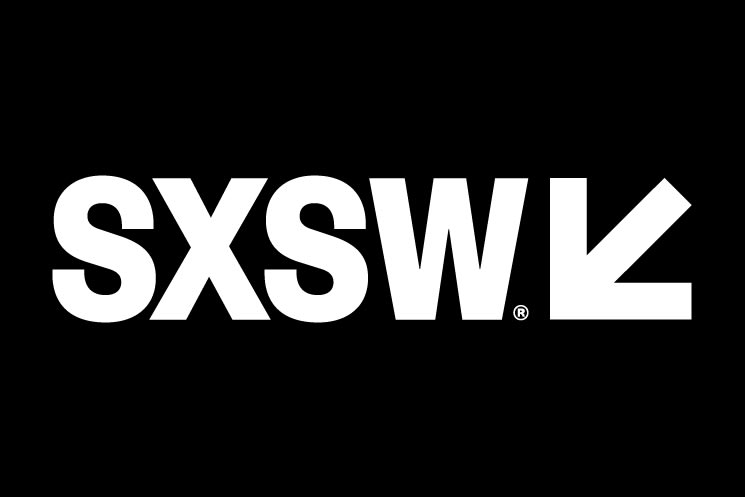Earlier this year, more than 120 musicians signed an open letter calling for fair pay for performing artists from Austin, TX-based festival SXSW. According to Texas Public Radio, SXSW has now "quietly" increased performer wages for 2024.
In addition to asking for an increase in the compensation, which had remained the same for a decade, the likes of Cadence Weapon, Tess Roby and Spencer Krug also demanded performers receive wristbands to the festival and application fees be removed, as well as international artists like themselves be offered the same compensation deal as domestic ones.
However, as the festival opened applications for next year yesterday (June 28), the pay bump — $350 USD for groups and $150 for solo artists, up from $250 and $100, respectively — was the only of the musicians' four demands met. And technically, SXSW didn't even meet that, since the Union of Musicians and Allied Workers (UMAW) letter had asked for a $750 wage for all artists.
Domestic artists will continue to have to choose between being paid to perform or getting a SXSW Artist Credential (which is apparently being expanded to include free meals and drinks in addition to festival and conference access, as well as "artist-only perks"), while international artists still won't be paid. The festival will also still charge a $35 application fee, though policy waivers may be available to "specific local music organizations."
Earlier this week, members of the Austin Parks and Recreation Board voted to recommend that the Austin City Council work to ensure the performing artists at SXSW receive "fair pay" for their work. While Pat Buchta, head of the Austin Texas Musicians nonprofit, said that the wage increase is a step in the right direction, he acknowledged how it falls short.
"Respectfully, is that enough?" he asked. "Our musicians do not think so, and musician input is the one thing that everybody seems to be missing in this conversation."
In a statement to KUT, SXSW Vice President of Music James Minor argued that, unlike "consumer-focused festivals," SXSW gives performers the opportunity to network.
"It is essential for us to continue to provide opportunities that make the most impact in supporting the thousands of artists who come to Austin every March," Minor said. "We are grateful to the music community — from industry executives and production workers to the artists themselves — for creating such a unique atmosphere in Austin in March."
In addition to asking for an increase in the compensation, which had remained the same for a decade, the likes of Cadence Weapon, Tess Roby and Spencer Krug also demanded performers receive wristbands to the festival and application fees be removed, as well as international artists like themselves be offered the same compensation deal as domestic ones.
However, as the festival opened applications for next year yesterday (June 28), the pay bump — $350 USD for groups and $150 for solo artists, up from $250 and $100, respectively — was the only of the musicians' four demands met. And technically, SXSW didn't even meet that, since the Union of Musicians and Allied Workers (UMAW) letter had asked for a $750 wage for all artists.
Domestic artists will continue to have to choose between being paid to perform or getting a SXSW Artist Credential (which is apparently being expanded to include free meals and drinks in addition to festival and conference access, as well as "artist-only perks"), while international artists still won't be paid. The festival will also still charge a $35 application fee, though policy waivers may be available to "specific local music organizations."
Earlier this week, members of the Austin Parks and Recreation Board voted to recommend that the Austin City Council work to ensure the performing artists at SXSW receive "fair pay" for their work. While Pat Buchta, head of the Austin Texas Musicians nonprofit, said that the wage increase is a step in the right direction, he acknowledged how it falls short.
"Respectfully, is that enough?" he asked. "Our musicians do not think so, and musician input is the one thing that everybody seems to be missing in this conversation."
In a statement to KUT, SXSW Vice President of Music James Minor argued that, unlike "consumer-focused festivals," SXSW gives performers the opportunity to network.
"It is essential for us to continue to provide opportunities that make the most impact in supporting the thousands of artists who come to Austin every March," Minor said. "We are grateful to the music community — from industry executives and production workers to the artists themselves — for creating such a unique atmosphere in Austin in March."
